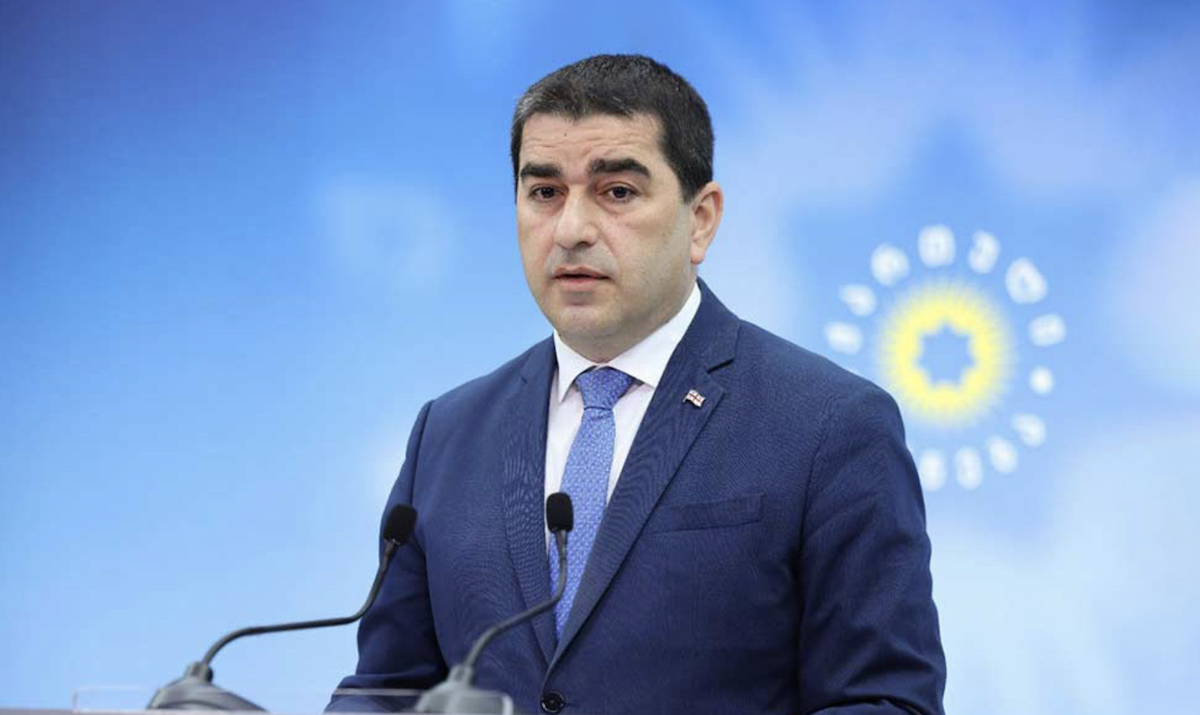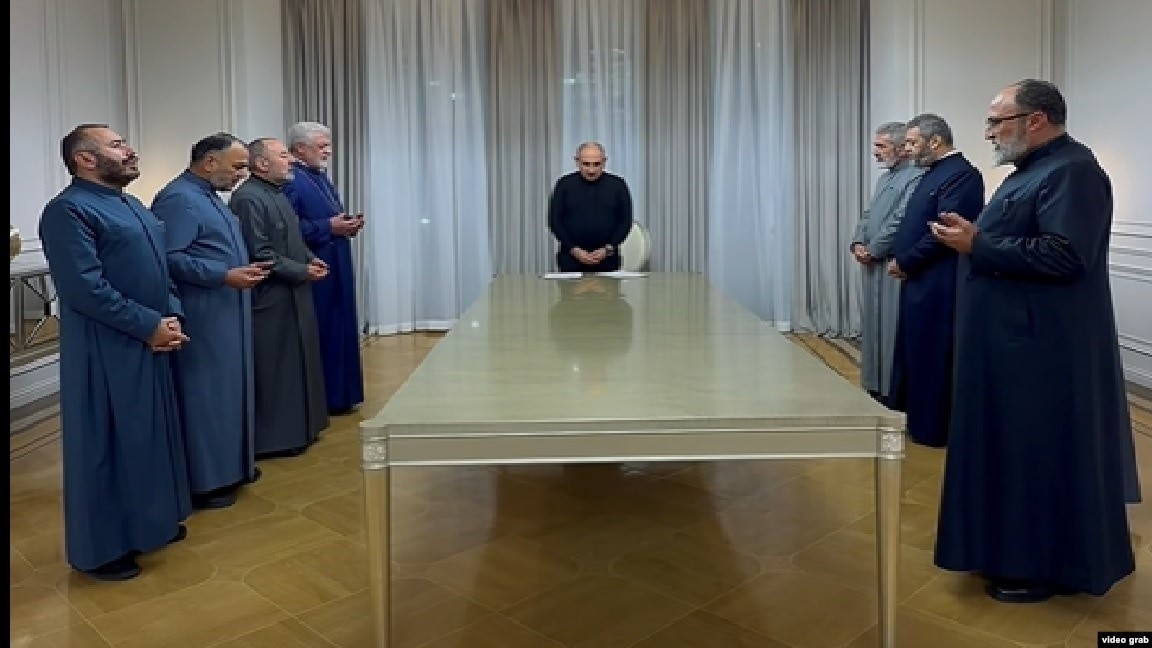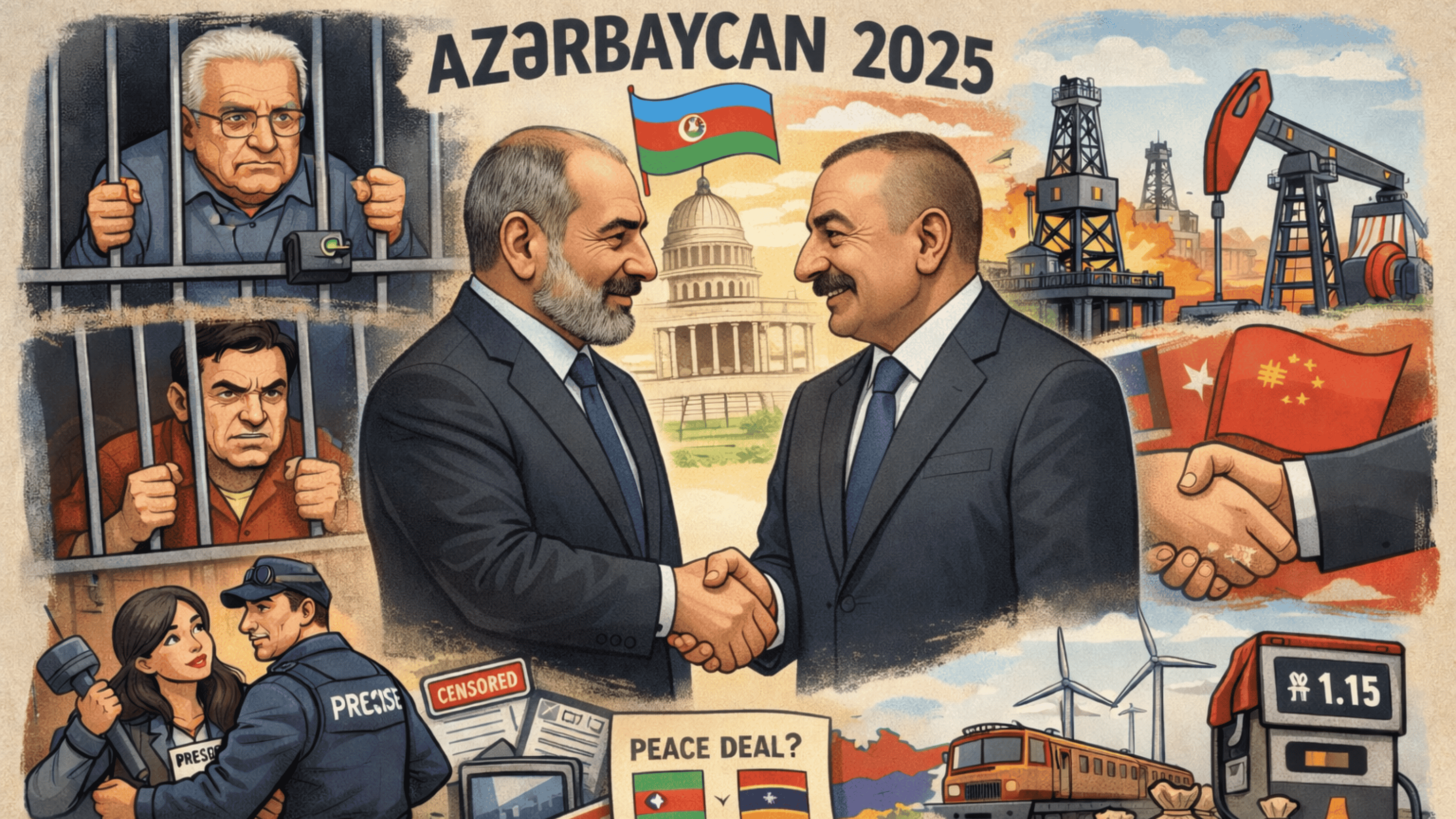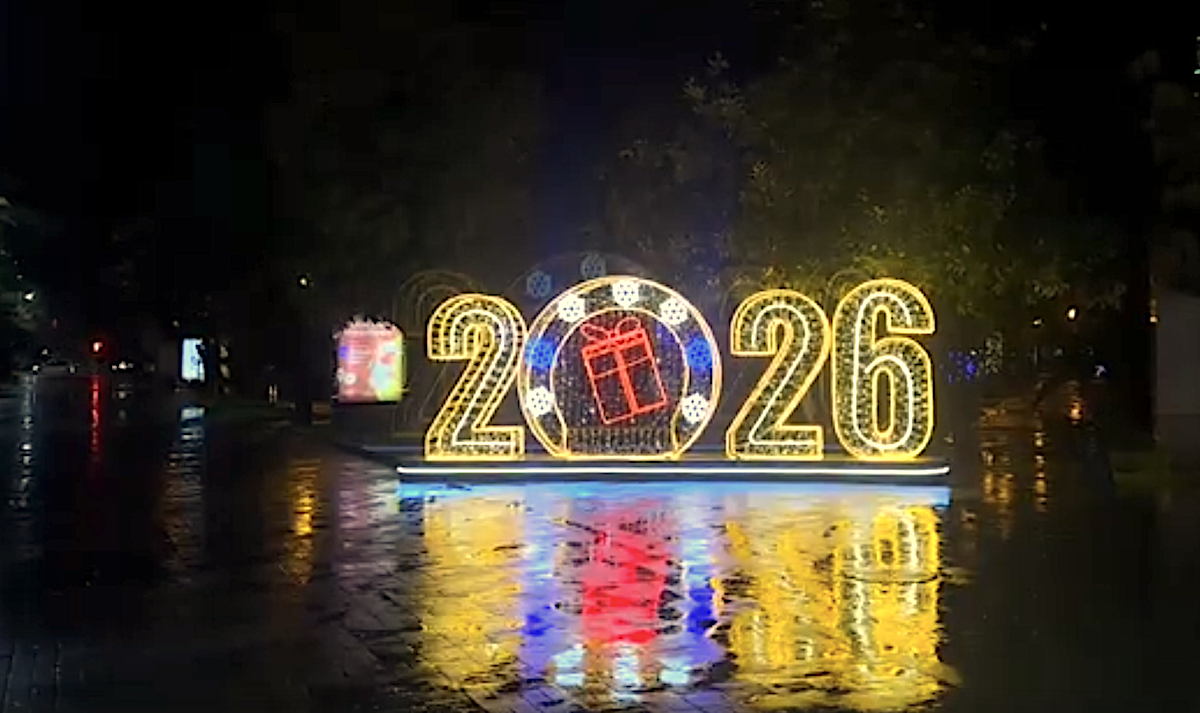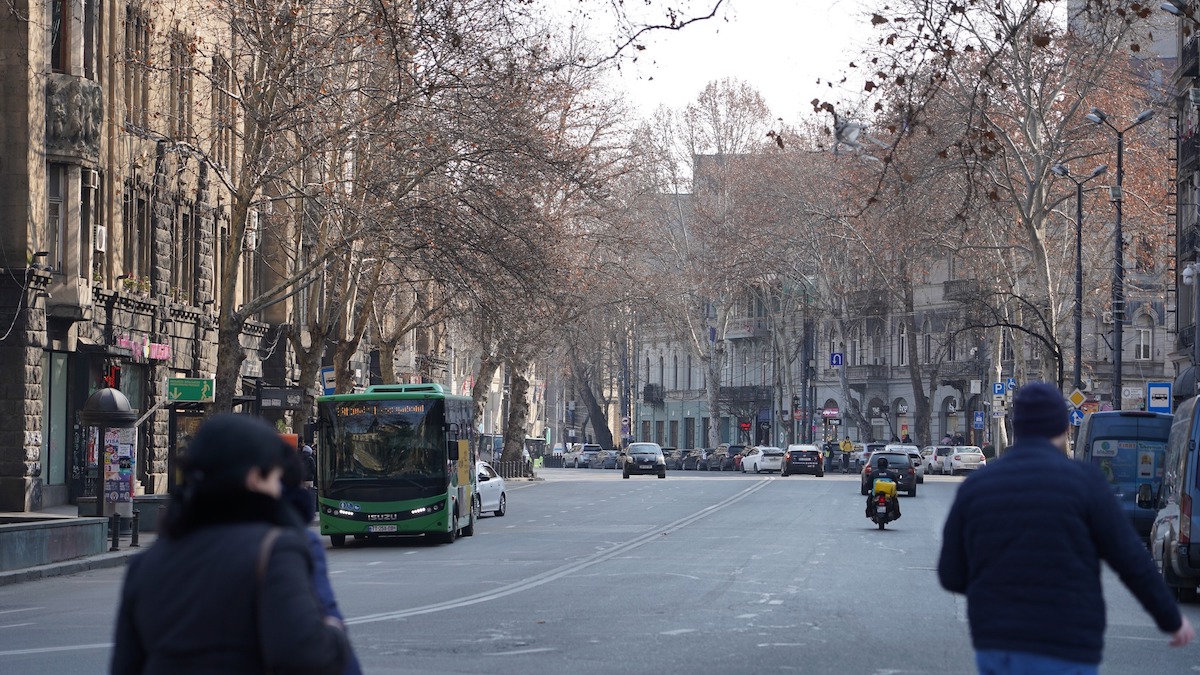Op-ed: the only way out for the newly elected president of Abkhazia
The President of Abkhazia, Raul Khajimba, has officially entered the second term of his presidency.
And although the opposition is suing him, not recognizing the results of the presidential election, there is already an understanding amongst everyone that the train has already departed.
Thus, it would seem Raul Khajimba has only one opportunity to work through his second term in a relatively calm manner – to agree with the opposition on a “road map” for reforms.
•What is the difference between Abkhazia and Switzerland?
•Georgian political crisis – the oligarch besieged from all sides
Khajimba appointed the old Prime Minister Valery Bganba for another term. By all appearances, the president in doing so wanted to show that now he has nothing to fear. He is as calm as ever.
There is no need to flirt with the electorate, since they have already voted for him and he has received a second term of the presidency.
There is no reason to bargain with the opposition. After the elections, which the opposition so clumsily lost, the opposition is, if not in a state of half-life, then almost close to it.
So, protest rallies near the walls of the presidential palace, which the authorities are so afraid of on duty, are not expected in the near future.
However, not everything is as rosy as it seems at first glance.
These elections clearly showed that their main driving force was the protest electorate.
•None of the candidates in the first round won 25 percent of the vote, including the current president.
•And in the second round, the electorate voted more “against” than “for”. Some people did not want the opposition representative to win, while others did not want to see Raul Khajimba as president under any circumstances.
As a result, this protest vote resulted in Khajimba’s victory.
So resting on one’s laurels with such a confidence rating from Raul Khajimba would be too bold.
And hoping that a five-year term will take place in a calm atmosphere is too reckless.
The socio-economic crisis, which runs parallel to the political crisis, has long been in a chronic stage. There are no illusions that it will resolve itself.
The first challenge will turn this process into an acute situation.
For example, in the next year, the Ingur hydroelectric power station will be undergoing repairs for about six months; the power station supplyies the entire republic with electricity
•Abkhazia: life without electricity
•A hydropower plant of war and peace
The previous pause in the work of this hydroelectric power station cost the budget almost half a billion rubles [about $800 thousand] over the course of only three weeks.
Abkhazia had to pay for Russian energy at Russian tariffs, which are ten times higher than Abkhaz ones.
Yes, this money was not pulled directly from the Abkhaz treasury, it was deducted from the financial assistance that Russia annually provides to Abkhazia. But, nevertheless, in fact it was the money of the republic.
The new shutdown of the Ingur hydroelectric station will cost the budget about 3.5 billion rubles [about $50 million]. This amount is one and a half times more than the entire Russian subsidy of Abkhazia for 2020.
How the budget will cover this huge gap, so far nobody knows. But there is no need to suppose – and so it is clear that it will not be possible to survive the consequences of this shutdown of the hydropower plant without complicating the political situation in Abkhazia.
Even if by this time the opposition “Amtsakhar” does not come to its senses, a crowd of determined and decisive citizens will gather spontaneously at the presidential palace. And to reassure the crowd by firing a few ministers will likely end in failure.
This is to what extent the current post-election entourage is shaky and deceptive.
The situation can be reversed only by large-scale reforms in all areas – from political, administrative to transformations in the economy, social sphere and the fight against crime and corruption.
An imitation of reforms or half measures will only exacerbate the crisis.
On the other hand, with such a limit of trust, with such a low rating, it is very difficult to carry out reforms. It is almost impossible.
So, President Raul Khadjimba himself must be vitally interested in reaching an agreement with the opposition on a reform roadmap. Not about “dividing the grain places” – but about a plan of transformations.
And based on this project, he must form a coalition government. Then the president will be able to share responsibility for work with the opposition.
When the two dominant political groups come together and put reform at the forefront, rather than just dividing some seats, there will certainly be a result. In any case, it will be better than now.
If they will be able to carry out reforms – well done. If they cannot or will not, then these two political forces have been replacing each other for two decades now, and one way or another leading the republic towards this crisis, and so they will have to leave this political arena completely, giving way to others.
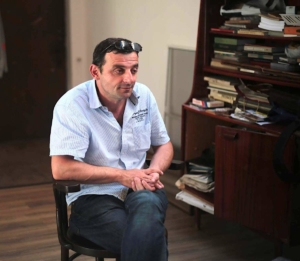
Inal Khashig, journalist, editor of JAMnews













